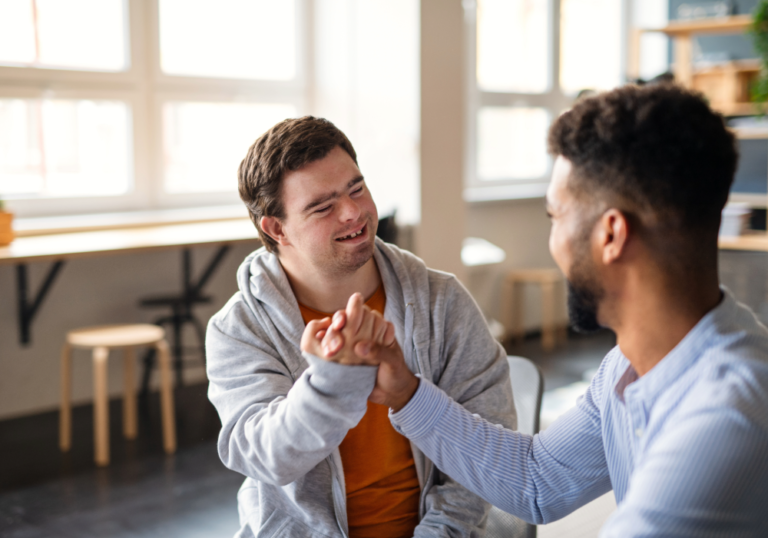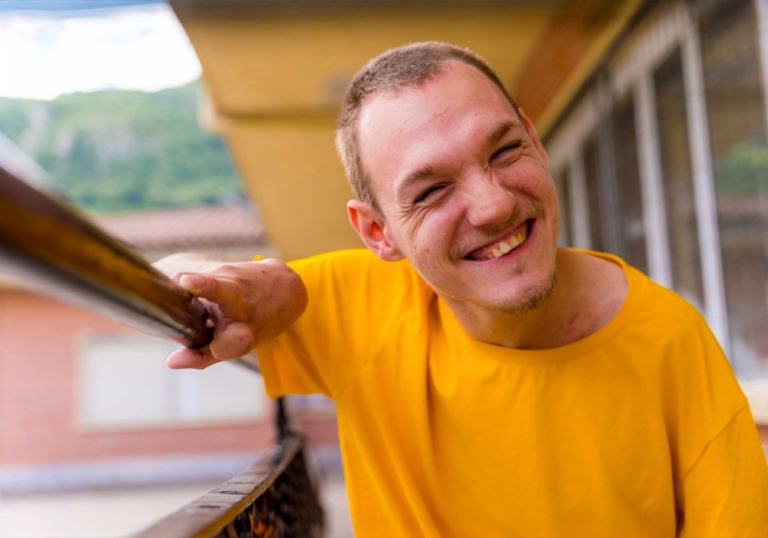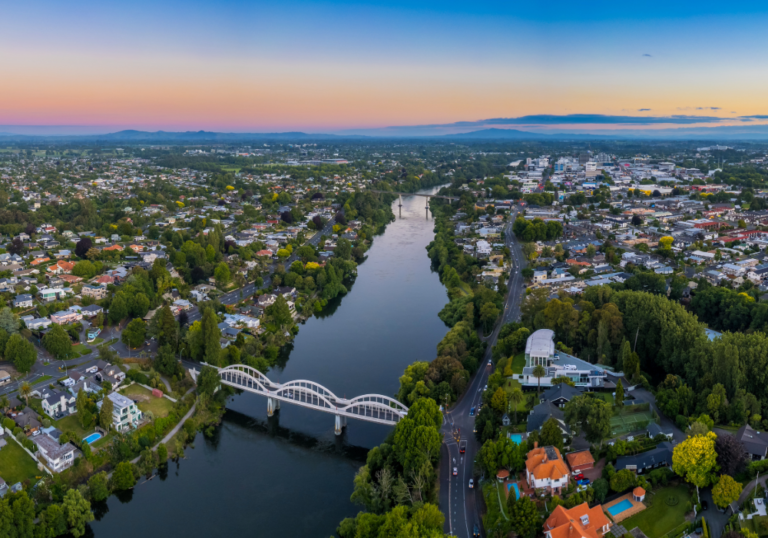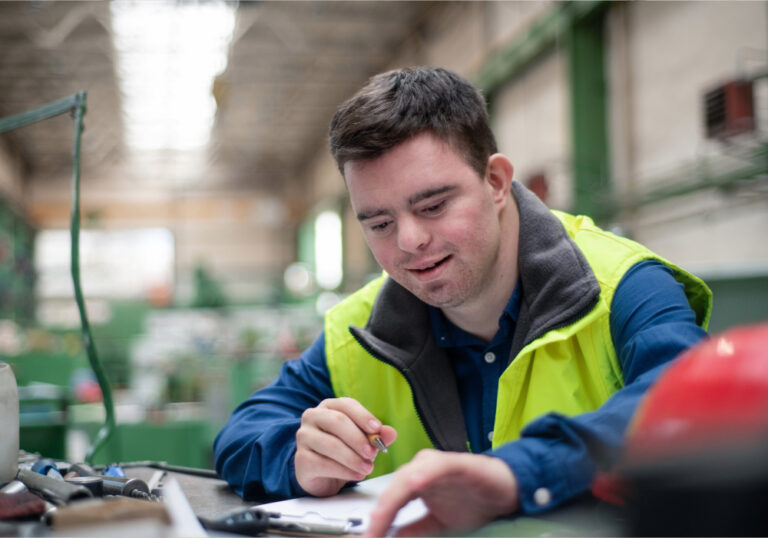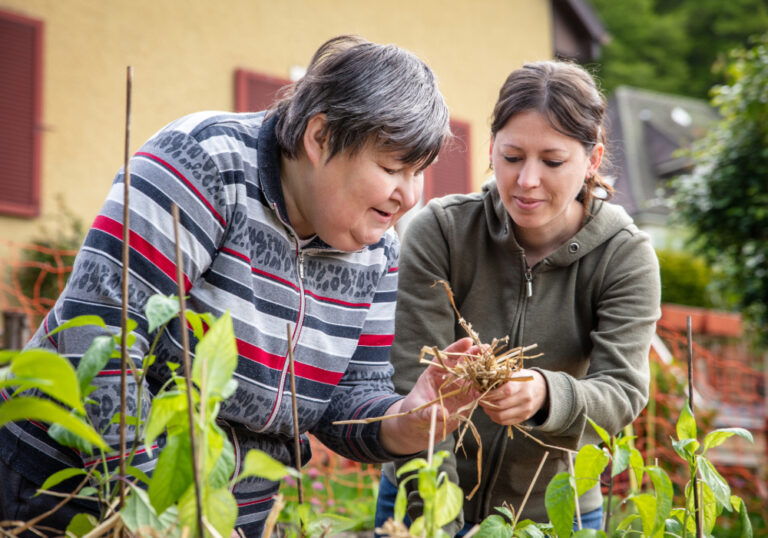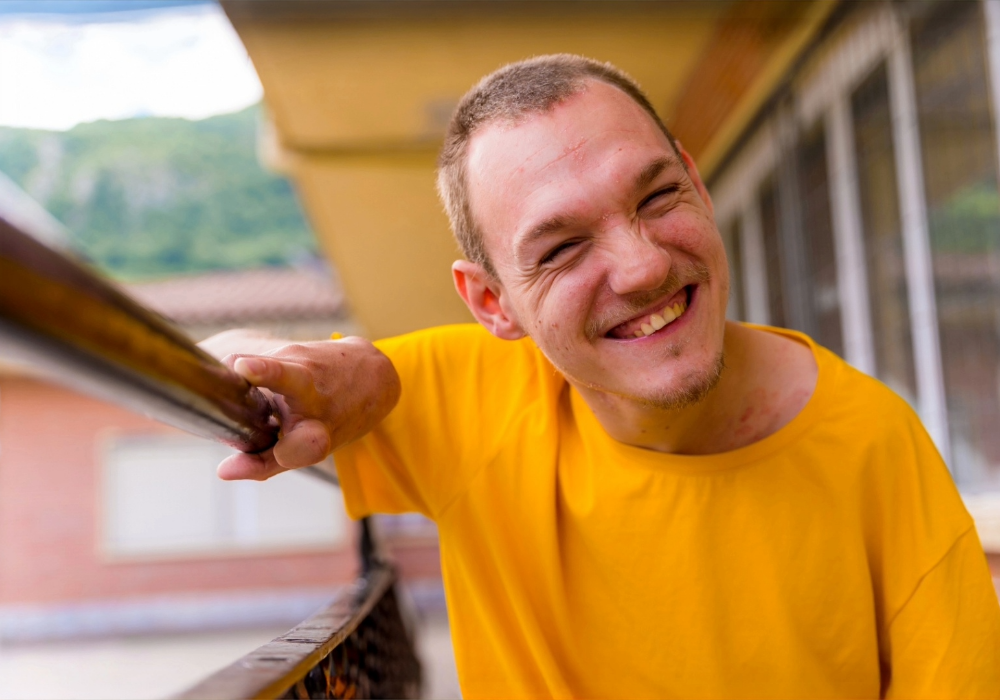
Ableism and Disablism: Breaking Barriers in Disability Support
In a truly inclusive community, everyone should have the freedom to live, work, and make decisions about their own lives. But for many people with disabilities — especially those in rural region — life could be still be influenced by the invisible barriers of ableism and disablism.
At Aroha Care, we believe understanding the concept of ableism and disablism is the first step toward removing the barriers towards inclusion and ensuring that every person is respected, heard, and supported.
What Is Ableism?
Ableism means unfair attitudes, assumptions, or behaviours toward disabled people. It happens when people believe that having a disability makes someone “less than” others, or when they treat a person as incapable simply because they live differently.
Everyday Examples of Ableism
- A medical professional talks only to your family and not to you — even though you can speak for yourself.
- Someone expresses surprise that you have a career, drive a car, or raise children — as if these things are unexpected for a disabled person.
- A teacher or employer assumes you cannot participate fully instead of asking what supports would make it possible.
- People use outdated language like “confined to a wheelchair” instead of “uses a wheelchair,” focusing on limitations instead of mobility.
A real-world story
Imagine a young man in rural Waikato visiting his GP. The doctor greets his mother first and asks her questions about his health, even though he’s sitting right there. The young man answers politely — but the message is clear: his opinion isn’t valued. That’s the quiet, everyday face of ableism.
Ableism can be unintentional, but its effect is the same — it silences voices that deserve to be heard.
What Is Disablism?
Disablism is different. It refers to the systems, structures, and policies that make life harder for disabled people. Where ableism is about personal attitudes, disablism is about design — how institutions, buildings, and services are set up.
Common Examples of Disablism
- A hospital provides health information only in standard print — leaving out people who need Easy Read, large print, or NZSL versions.
- A clinic doesn’t have a ramp or automatic doors, so wheelchair users cannot get inside.
- An online form assumes everyone can read complex text or use a computer without help.
- A rural bus service has no accessible transport options, making independent travel impossible.
Real-world story
Picture a woman in Te Awamutu who wants to attend a local community meeting. When she arrives, she finds the accessible entrance blocked by stacked chairs. The message, though unspoken, is unmistakable: this space wasn’t designed for everyone.
That’s disablism — not personal prejudice, but systems that forget to include.
Ableism vs. Disablism: Understanding the Difference
Ableism | Disablism |
|---|---|
Unfair attitudes or behaviours | Unfair systems, rules, or designs |
Focuses on how individuals act or think | Focuses on how institutions are built or managed |
Rooted in personal bias | Rooted in policy, structure, or planning |
Example: speaking about a person instead of to them | Example: inaccessible clinic or government form |
Both limit independence and dignity — and both must be addressed if we want genuine equality.
New Zealand Context: Progress and Gaps
New Zealand has made important progress toward inclusion.
The creation of Whaikaha – Ministry of Disabled People, the Enabling Good Lives (EGL) approach, and commitments under Te Tiriti o Waitangi and the UN Convention on the Rights of Persons with Disabilities (CRPD) have all strengthened rights and visibility.
Yet daily ableism and disablism persist — especially in rural and smaller communities where access to transport, interpreters, or digital resources is limited.
For many, the greatest barriers are not personal limitations but the systems that forget to include them.
What We Can All Do to Reduce Ableism and Disablism
- Listen First: Ask how people prefer to communicate, travel, or receive information. Inclusion begins with curiosity.
- Use Inclusive Language: Say “person with a disability” rather than “the disabled.” Language shapes respect.
- Design Access Into Everything: From clinics and websites to workplaces and schools, accessibility benefits everyone — parents with strollers, older adults, and visitors alike.
- Challenge Stereotypes: If you hear or see ableist behaviour, speak up kindly. Often, people simply haven’t thought about the impact of their assumptions.
- Advocate Locally: Encourage Hamilton and Waikatolocal community groups, councils, and employers to adopt inclusive practices.
- Support Inclusive Employers and Services: Choose healthcare providers, shops, and businesses that actively include and employ people with disabilities. Every dollar is a vote for inclusion.
Why This Matters to Aroha Care
At Aroha Health Care, inclusion is not an abstract idea — it’s our daily practice.
We believe that real change begins when people decide for themselves, not when someone else chooses for them.
Every day, we meet individuals who have faced ableism or disablism in quiet, exhausting ways — being talked over, left out, or discouraged. Our mission is to restore power to the person, through:
- Supported independent living – empowering people to make their own life choices.
- Community participation programs – helping individuals reconnect with their passions, culture, and whānau.
- Accessible communication – providing information in Easy Read, NZSL, and other inclusive formats.
- Cultural awareness – recognising that Māoritanga and identity play vital roles in every decision.
Through these commitments, we help ensure that disability support in Hamilton and rural Waikato is not only compassionate but fair, equitable, and empowering.
Aroha Care advocate for the Inclusive Waikato community
Removing ableism and disablism isn’t just about policy — it’s about belonging.
When local councils, healthcare providers, and communities design for everyone, we create spaces where everyone thrives.
In an inclusive Waikato:
- People can access care in the format that suits them.
- Families are supported rather than overwhelmed.
- Decisions are made with people, not for them.
That’s the kind of region Aroha Health Care is working toward — one conversation, one decision, one barrier at a time.
At Aroha Care, we stand beside people, not ahead of them. We listen, adapt, and act — helping individuals take charge of their lives with confidence and dignity. Our team works across Hamilton and rural Waikato, walking hand in hand with whānau, caregivers, and community partners to challenge ableism and disablism wherever they appear.
Together, we can build a New Zealand where inclusion isn’t an exception — it’s the everyday norm.




